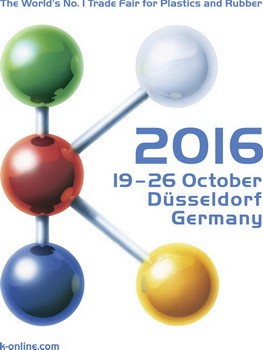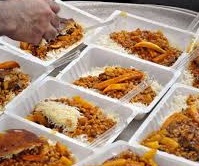EVENTS: “VinylPlus Sustainability Forum 2017 to take place in Berlin next May

Key topics at next year’s event will be building a global industry sustainability approach, addressing circular economy challenges, sustainable production and consumption, environmental certification, as well as recycling and recovery technologies.
VinylPlus (www.vinylplus.eu) is the voluntary sustainable development programme of the European PVC industry. Within its framework, 514,913 t of PVC was recycled in Europe in 2015 (see Plasteurope.com of 11.05.2016).
What is PVC?
 Plastics are also called synthetic resins and are broadly classified into two categories: thermosetting resins and thermoplastic resins.
Plastics are also called synthetic resins and are broadly classified into two categories: thermosetting resins and thermoplastic resins.
The thermosetting resins include phenolic resin and melamine resin, which are thermally hardened and never become soft again. Thermoplastic resins include PVC, polyethylene (PE), polystyrene (PS) and polypropylene (PP), which can be re-softened by heating.
Usually, thermoplastics are supplied in the form of pelletised material (compounds) with additives (antioxidants, etc.) already blended in it. However, PVC resin is often supplied in powder form and long term storage is possible since the material is resistant to oxidation and degradation. Various additives and pigments are added to PVC during the processing stage, and the blend is then converted into PVC products.
PVC is sometimes known as ‘Vinyl’ in Europe and predominantly so in North America. In Europe, ‘Vinyl’ usually refers to certain specific flexible applications, such as flooring, decorative sheets and artificial leather.

PVC is a thermoplastic made of 57% chlorine (derived from industrial grade salt) and 43% carbon (derived predominantly from oil / gas via ethylene). It is less dependent than other polymers on crude oil or natural gas, which are nonrenewable, and hence can be regarded as a natural resource saving plastic, in contrast to plastics such as PE, PP, PET and PS, which are totally dependent on oil or gas. This chlorine gives to PVC excellent fire resistance.













